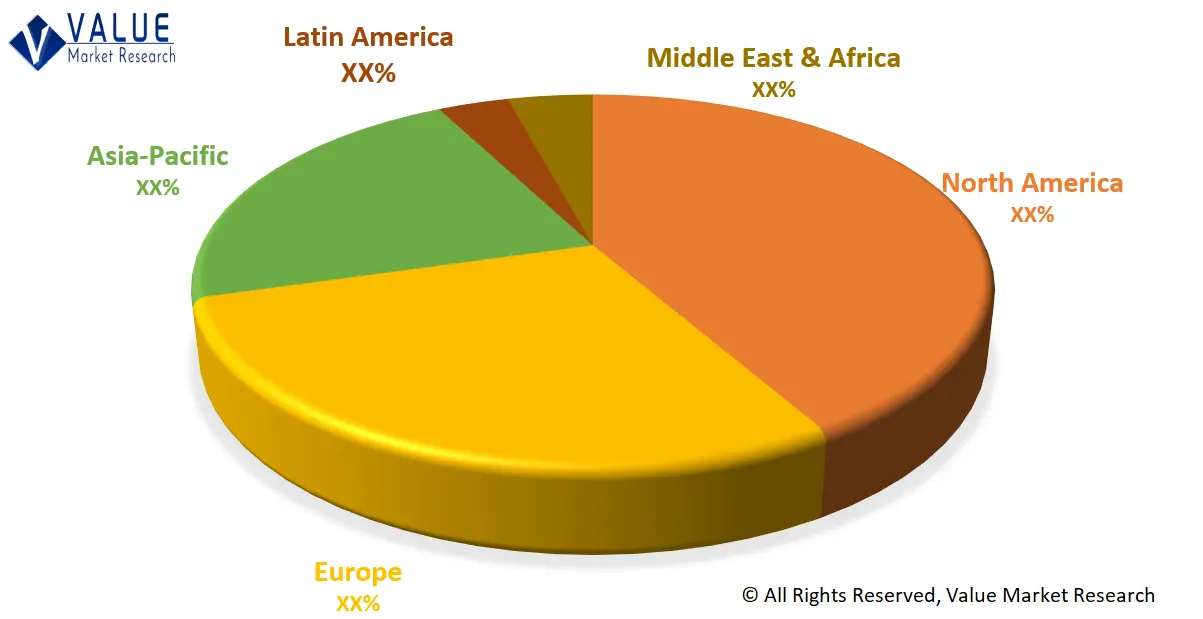The global demand for Genomic Biomarkers Market is presumed to reach the market size of nearly USD XX MN by 2030 from USD XX MN in 2022 with a CAGR of 10.17% under the study period 2023 - 2030.
Genomic biomarkers refer to specific genetic variations or patterns in an individual's DNA that can provide valuable information about their health, disease susceptibility, or response to certain treatments. These biomarkers are typically identified through genomic analysis, which involves studying an individual's genome—the complete set of their genetic material. It can be used in various fields, including medicine, pharmacology, and personalized healthcare. They can help predict the likelihood of developing certain diseases, guide treatment decisions, and assess the effectiveness or toxicity of specific drugs.
Market Dynamics
Advancements in genomic technologies, such as sequencing and gene expression profiling, have improved the ability to identify and interpret genomic biomarkers, making genomic testing more accessible and efficient. There is a growing focus on personalized medicine, which plays a crucial role in tailoring medical treatments to patients based on their unique genetic makeup. The rising prevalence of chronic diseases also contributes to market growth, as genomic biomarkers can improve disease diagnosis, prognosis, and treatment selection. Furthermore, its integration into drug development and clinical trials enhances drug efficacy and reduces costs. Government initiatives, funding, and increasing awareness about genomics are driving its adoption in healthcare. Collaboration and partnerships among various stakeholders are fostering innovation and the development of new biomarkers.
The research report covers Porter’s Five Forces Model, Market Attractiveness Analysis, and Value Chain analysis. These tools help to get a clear picture of the industry’s structure and evaluate the competition attractiveness at a global level. Additionally, these tools also give an inclusive assessment of each segment in the global market of genomic biomarkers. The growth and trends of genomic biomarkers industry provide a holistic approach to this study.
Market Segmentation
This section of the genomic biomarkers market report provides detailed data on the segments at country and regional level, thereby assisting the strategist in identifying the target demographics for the respective product or services with the upcoming opportunities.
By Indication
- Oncology
- Cardiovascular Diseases
- Neurological Diseases
- Renal Disorders
- Others
By End User
- Hospitals
- Diagnostic Centers
- Others
Regional Analysis
This section covers the regional outlook, which accentuates current and future demand for the Genomic Biomarkers market across North America, Europe, Asia-Pacific, Latin America, and Middle East & Africa. Further, the report focuses on demand, estimation, and forecast for individual application segments across all the prominent regions.
Global Genomic Biomarkers Market Share by Region (Representative Graph)

The research report also covers the comprehensive profiles of the key players in the market and an in-depth view of the competitive landscape worldwide. The major players in the genomic biomarkers market include Thermo Fisher Scientific Inc., F. Hoffmann-La Roche Ltd, Myriad Genetics Inc, Eurofins Scientific, QIAGEN. This section consists of a holistic view of the competitive landscape that includes various strategic developments such as key mergers & acquisitions, future capacities, partnerships, financial overviews, collaborations, new product developments, new product launches, and other developments.
In case you have any custom requirements, do write to us. Our research team can offer a customized report as per your need.

